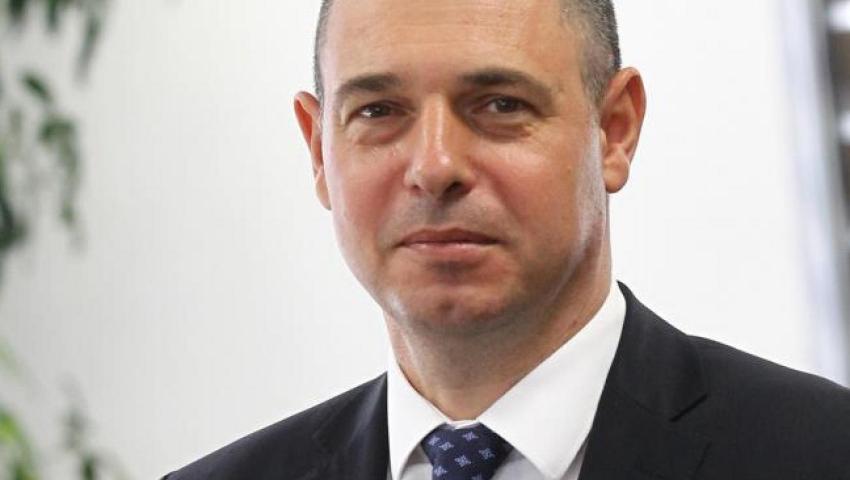Angelin Tsachev: The rapid development of RES must be accompanied by the construction of emission-free capacities and storage systems

"At this point, Bulgarian citizens should rest assured that the operator (Electricity System Operator, ESO) has sufficient operational reserves to allow it to manage the country's electricity system without risks of blackouts." This is what ESO Executive Director Angelin Tsachev told journalists after the round table "The Green Transition - Investments in Technologies and Network Services", organized by the Energy Management Institute (EMI). In particular, he reassured that there is no danger of our country running out of electricity.
At the same time, he emphasized that the rapid development of capacities for renewable energy sources (RES), "without developing with them basic emission-free capacities, without developing storage systems, will undoubtedly lead to such risks in the future". This, in particular, depends on the growth of RES development, Tsachev specified.
Applications for the construction of new renewable plants are currently for 28 thousand MW. Of these, the agreements signed with the electricity distribution companies are for the construction of plants with a capacity of 3 thousand MW, the executive director of ESO also said. Depending on how the investors deal with the pre-investment activities, the construction of the remaining RES capacities depends. "We expect a big boom in such capacities within 5-8 years. Currently, the construction of two large projects is underway - one for 300 MW, the other for 150 MW, and at a very fast pace," said Tsachev.
In this regard, he emphasized the need to develop the network.
"Therefore, at this forum, we raised the question of an exchange of electrical energy, for a new transmission network at the European level, through which the energy produced in the region of South-Eastern Europe can reach Central and Western Europe and, accordingly, energy can be returned to us in real terms time with as little expense as possible. Naturally, one approach does not exclude the other. Storage and green hydrogen systems must also be created in order to direct the transformation of this produced energy from RES to other sectors of the economy – transport, chemical industry, cement production, etc. with the aim of reducing carbon emissions as much as possible in the entire economic sector", emphasized Tsachev.
